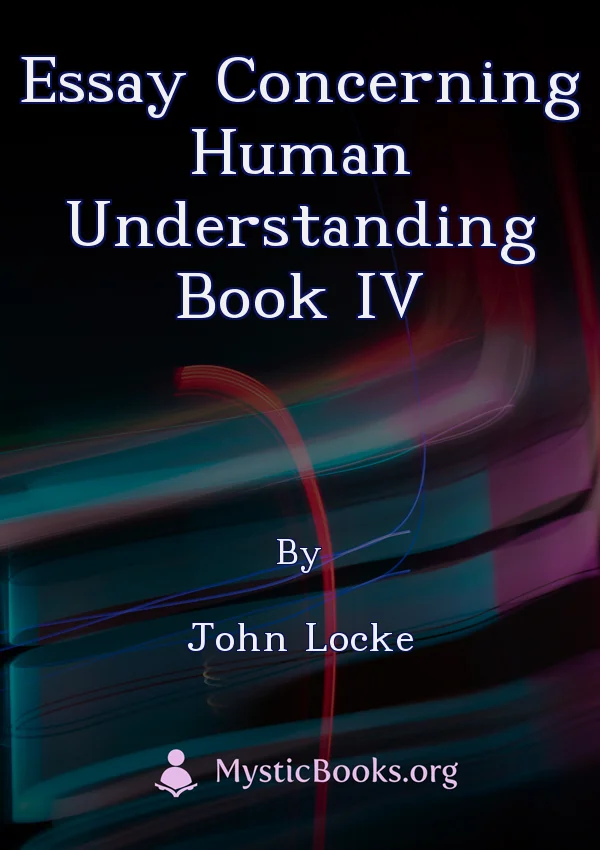
Essay Concerning Human Understanding Book IV
by John Locke
'Essay Concerning Human Understanding Book IV' Summary
In *Book IV*, Locke begins by defining knowledge as the perception of the agreement or disagreement of ideas. He differentiates between intuitive knowledge, demonstrative knowledge, and sensitive knowledge, highlighting their respective levels of certainty. Locke argues that all knowledge originates from experience, either through sensation or reflection. He then investigates the limitations of human knowledge, asserting that we cannot have knowledge of things beyond our experience. Locke also explores the nature of probability, arguing that it is a reasonable guide for action when certainty is unattainable. He examines the role of faith and reason in our understanding of the world, suggesting that faith should be based on reason and evidence. In the concluding chapters, Locke addresses the nature of enthusiasm and the dangers of relying on uncritical belief. Through his detailed analysis of the sources, limits, and nature of knowledge, Locke's *Book IV* provides a comprehensive framework for understanding the human mind's capacity for understanding and the challenges inherent in acquiring and justifying belief.Book Details
Language
EnglishOriginal Language
Published In
Genre/Category
Tags/Keywords
Authors

John Locke
England
John Locke was an English philosopher and physician, widely regarded as one of the most influential of Enlightenment thinkers and commonly known as the "Father of Liberalism". Considered one of the fi...
Books by John LockeDownload eBooks
Listen/Download Audiobook
- Select Speed
Related books

Bible (Reina Valera) NT 19: Hebreos by Reina-Valera
La Epístola a los Hebreos es un libro del Nuevo Testamento que explora la relación entre el Antiguo y el Nuevo Pacto. Dirigido principalmente a los cr...
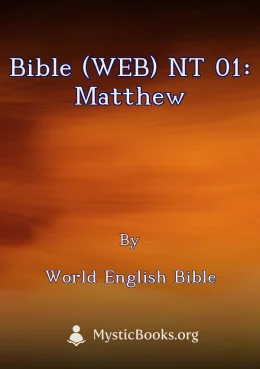
Bible (WEB) NT 01: Matthew by World English Bible
The Gospel of Matthew (literally, "according to Matthew"; Greek, Κατά Μαθθαίον or Κατά Ματθαίον) is one of the four Gospel accounts of the New Testame...
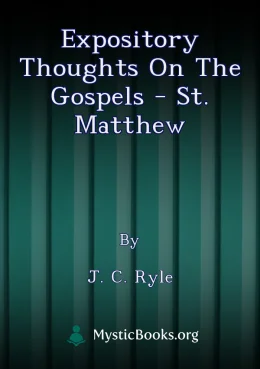
Expository Thoughts on the Gospels - St. Matthew by J. C. Ryle
This book, a part of the "Expository Thoughts" series by J.C. Ryle, delves into the Gospel of Matthew, breaking it down into manageable sections. Ryle...
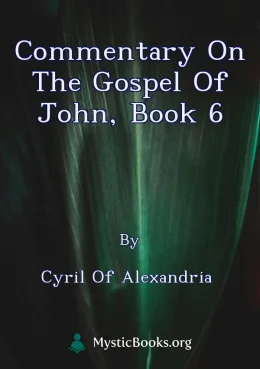
Commentary on the Gospel of John, Book 6 by Cyril of Alexandria
Cyril of Alexandria's Commentary on the Gospel of John, Book 6, delves into the sixth book of his comprehensive analysis of the Gospel of John, coveri...
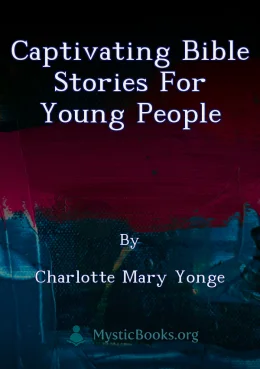
Captivating Bible Stories for Young People by Charlotte Mary Yonge
This book presents a selection of Bible stories retold in a simple and accessible way for young readers. It covers stories from both the Old and New T...
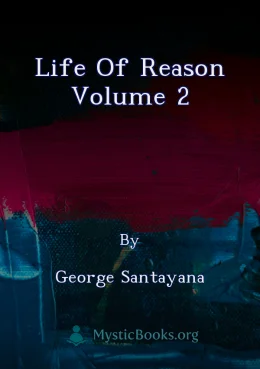
Life of Reason volume 2 by George Santayana
The Life of Reason is a five-volume work by the Spanish-American philosopher George Santayana. Published between 1905 and 1906, it is considered one o...

Bible (Fillion) 18: Livre de Job (Chapitres sélectionnés) by Fillion Bible
Le Livre de Job est une œuvre majeure de la littérature biblique. Il explore le thème central du mal et de la souffrance humaine, interrogeant la just...
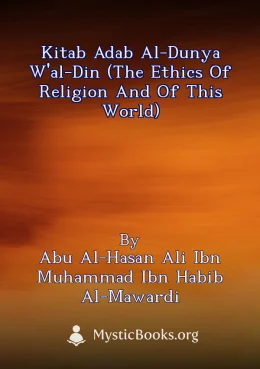
Kitab Adab al-Dunya w'al-Din (The Ethics of Religion and of this World) by Abu al-Hasan Ali Ibn Muhammad Ibn Habib al-Mawardi
Kitab Adab al-Dunya w'al-Din is a comprehensive work on Islamic ethics and morality written by Abu al-Hasan Ali Ibn Muhammad Ibn Habib al-Mawardi. Div...
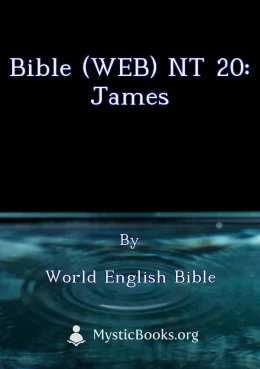
Bible (WEB) NT 20: James by World English Bible
The Book of James : Supposed to have been written by James the Brother of Jesus and First Leader of the Christian movement in Jerusalem after the deat...
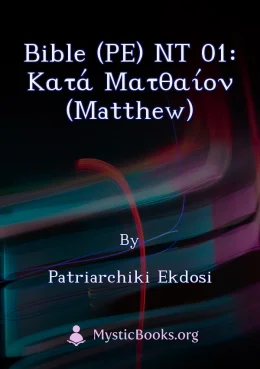
Bible (PE) NT 01: Κατά Ματθαίον (Matthew) by Patriarchiki Ekdosi
This book presents the events of Jesus Christ's life, teachings, passion, death, and resurrection as recorded by the evangelist Matthew. Through Matth...
Reviews for Essay Concerning Human Understanding Book IV
No reviews posted or approved, yet...